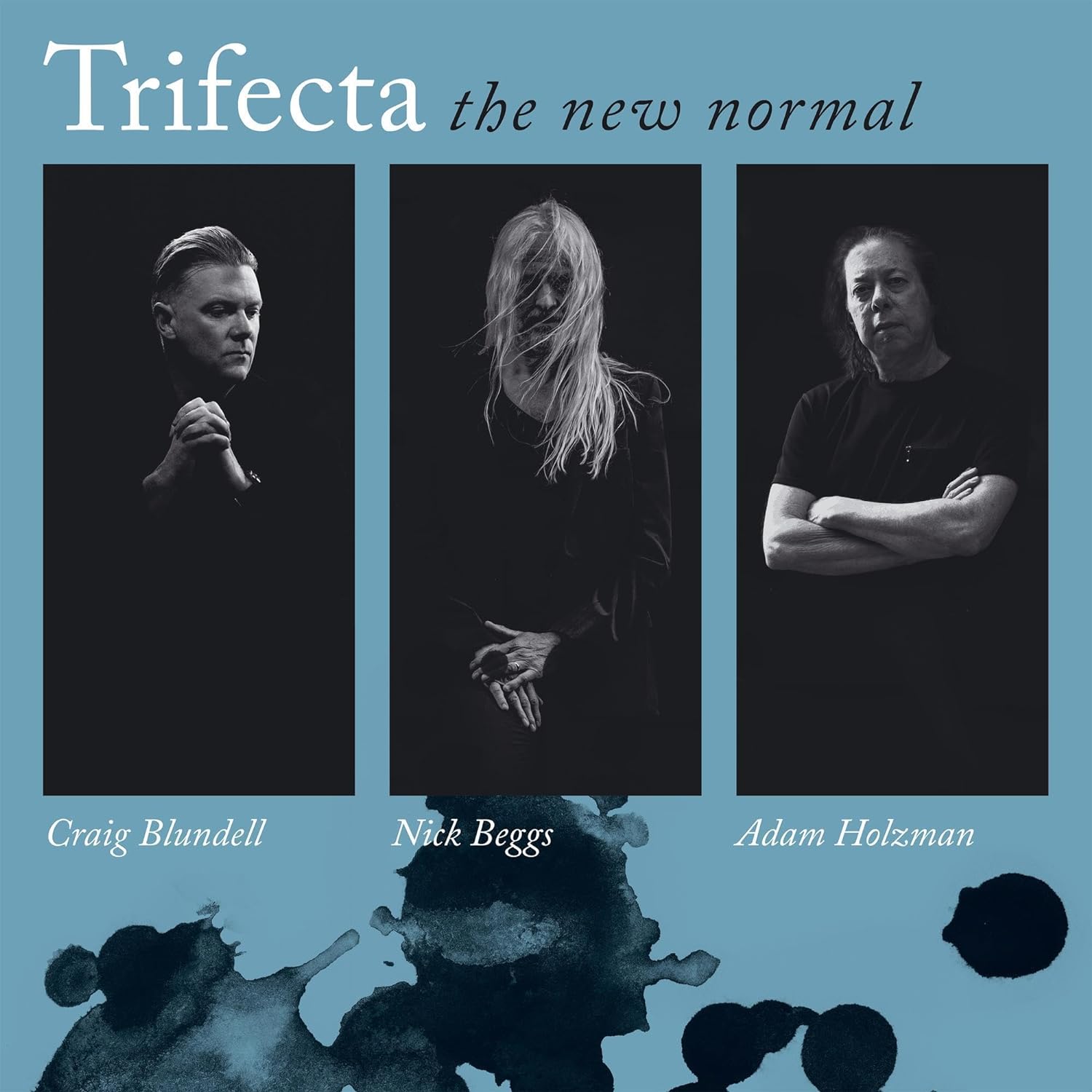It’s been seven long years since Dimmu Borgir last sallied forth with the grand, symphonic ‘Abrahadabra’. Following numerous festival slots and a special 2011-12 tour, on which the band played ‘enthrone darkness triumphant’ in full, Dimmu Borgir more-or-less disappeared from view, despite announcing that an album was in the works. The first sign that the dark heart of Dimmu was still beating was the release, in the April of last year, of ‘Forces of the Northern Night’, a special show that saw the band realising their grandest ambitions, as they took to the stage alongside a full symphony orchestra and choir. With the flame reignited, anticipation for a new album quickly reached fever pitch.
‘Eonian’ is an album that that sees Dimmu Borgir exploring the grandiloquent soundscapes of ‘Abrahadabra’ to an even greater extent. It’s a dense album and one that takes its time to reveal its secrets – so much so that it’s easy to feel, after so long a wait, a slight sense of disappointment. Yet, whilst ‘Eonian’ doesn’t have the urgent menace of ‘In Sorte Diaboli’, its lack of immediacy also proves to be its greatest strength for Dimmu Borgir are playing the long game here and, the more you listen, the more the album’s depth and detail starts to reveal itself amidst the shadows.
The album opens with briefly unsettling, industrial influences elements which stutter and whir before giving way to imperious guitars and the sort of massed choirs that gave weight to ‘Dimmu Borgir’ from the last album. As a powerful opening track, ‘The Unveiling’ does its job perfectly, showcasing the grand ambitions that lie at the heart of the album and the depth of the production (deftly handled by the band themselves). Despite the heavy riffs, it’s clear that Dimmu Borgir are continuing their interest in blurring the lines between the metallic and the orchestral in a manner reminiscent of Therion circa ‘Deggial’, an impression helped by the presence of the Schola Cantorum who flesh out the choral parts perfectly. Their dramatic presence initially feels too lush when set against the nervy, metallic rush of the guitars, but as the track progresses, so the need for their presence becomes increasingly clear. Next up, the surging ‘Interdimensional summit’ (one of two tracks released prior to the album) is classic Dimmu, albeit with sumptuous, orchestral flourishes taking the place where, once, ICS Vortex’s clean tones might have prevailed. His vocals are missed, and the decision to encourage the choir to take the lead on the chorus, Shagrath relegated to the verses only, is one liable to polarise the fan base. It is opulent, but it suits the ambitious nature of the arrangements and the melody has an insidious habit of creeping under the skin, whether you wish it to or no. Galder’s lead work, meanwhile, is deeply impressive and the final, climactic chorus sees the song reach an apocalyptic finale worthy of Dimmu’s greatest moments. The stuttering intro to ‘Aetheric’ sees the band nod to their blackened past, before unleashing a deathly groove not dissimilar to the sonic approach Satyricon took on ‘the age of Nero’. The choir here is initially used more sparingly, but, just as you think you have a handle on the song, the band deftly change course, heading once more into rich neo-classical territory. For those seeking a simple excuse to head-bang, such twists and turns can prove exasperating, but for those seeking a more varied approach, it feels like the summation of the journey the band started with ‘progenies of the great apocalypse’. Next up, the awesome ‘council of wolves and snakes’ (the album’s second single) seems like a direct successor to ‘Abrahadabra’, although the song’s ambitious arrangements see it incorporate dark, Eastern influences and industrial strength percussion to grand effect. It is a strange choice for a stand-alone release, perhaps, although it sees the band tread an impressively fine line between the blackened metal of yore and industrial-tinged film score territory and it stands as an album highlight. What follows is a somewhat tougher track in the form of the crushing ‘The Empyrean Phoenix’. Emerging from reverb-drenched guitar that drips atmosphere, the track ends the album’s first side on a note closer to old school Dimmu with fast-paced riffing vying fiercely with the conceptual weight of the lyrics.
Opening the album’s second side, the rolling thunder of Daray’s drums announces the arrival of the ferocious ‘Lightbringer’, a grueling and blackened piece sweetened by the sweeping strings and massed ranks of the choir. With an imperious tone that harks back to the majestic courts of the middle ages, ‘I am sovereign’ sets a slower pace before emerging as a full-blown operatic escapade that, once more, edges into Therion territory. It’ll be interesting to see how the band approach this material in the live environment (hopefully not with a ton of playback), and it is tracks like this that highlight just how far Dimmu Borgir have progressed from their original template. In contrast, the creepy-keys and tough riffing of ‘Archaic correspondence’ tips a nod to ‘Sorgens Kammer – Del II’ (‘Stormblast’), although the band can’t resist adding in a few industrial elements as the track progresses. Capping the album (‘rite of passage’ is an instrumental coda), ‘Alpha Aeon Omega’ is a dark, mid-tempo beast that occasionally unleashes icy flurries of blast beats just to keep the listener guessing. Another track that moves from the simply-symphonic to the full-blown operatic, it is a wonderfully over-the-top finale to an album that reaches for, and frequently attains, the epic. It remains only for the credit roll of ‘Rite of passage’ to see the album out, and the track does feel very much like the moment when the cast has left the stage and the house lights are returning to full brightness.
‘Eonian’ is not an easy album. Those waiting for Dimmu Borgir to step back from the brink upon which they balanced on ‘Abrahadabra’ will undoubtedly be disappointed, for the band have collectively taken a step further over the edge into symphonic territory. It is a shame that the soaring cleans found on albums such as ‘Puritanical euphoric misanthropia’ have been dispatched forever into the realms of the past tense, but then replacing ICS Vortex was always going to be a challenge – better, perhaps, to erase such notions altogether than be prepared to deal in compromise. As to the album itself, the dense production, the industrial elements and the sweeping orchestration – it’s a lot to take in and, on first listen, it does feel like it’s all too much. However, persistence has its rewards and as you spend more time with the album, so the band’s soaring ambitions start to make sense. Evocative, hypnotic and crushingly heavy at times, ‘Eonian’ is a journey, rich in atmosphere and atmosphere. Moreover, the band have lost none of their gift for weaving addictive melodies into their vast soundscapes, and a number of the tracks on offer here worm their way deep into the subconscious. ‘Eonian’ is not, perhaps, Dimmu Borgir’s greatest album. However, it does show the band taking risks with their sound to produce the music that feels natural for them, and in that sense it remains faithful to the original vision of the band. 8











Leave a Reply